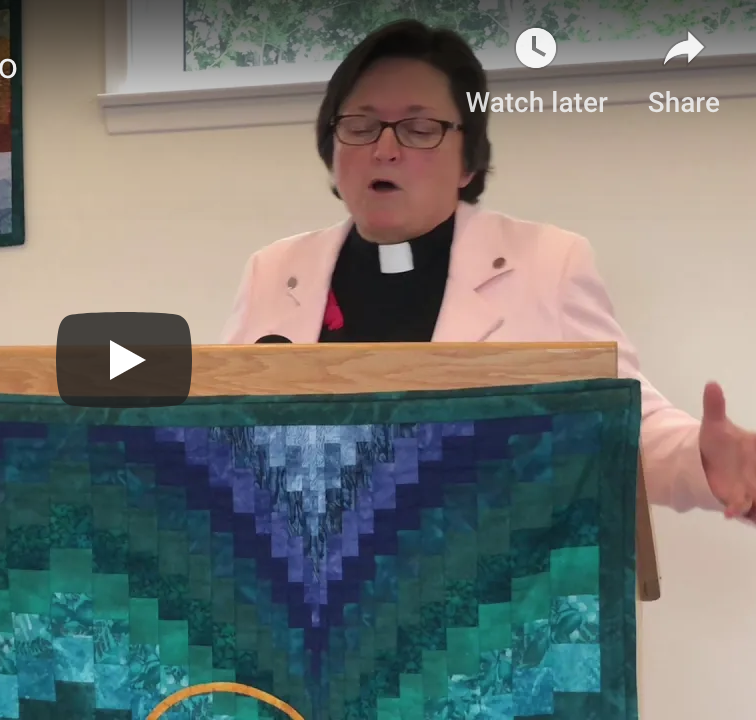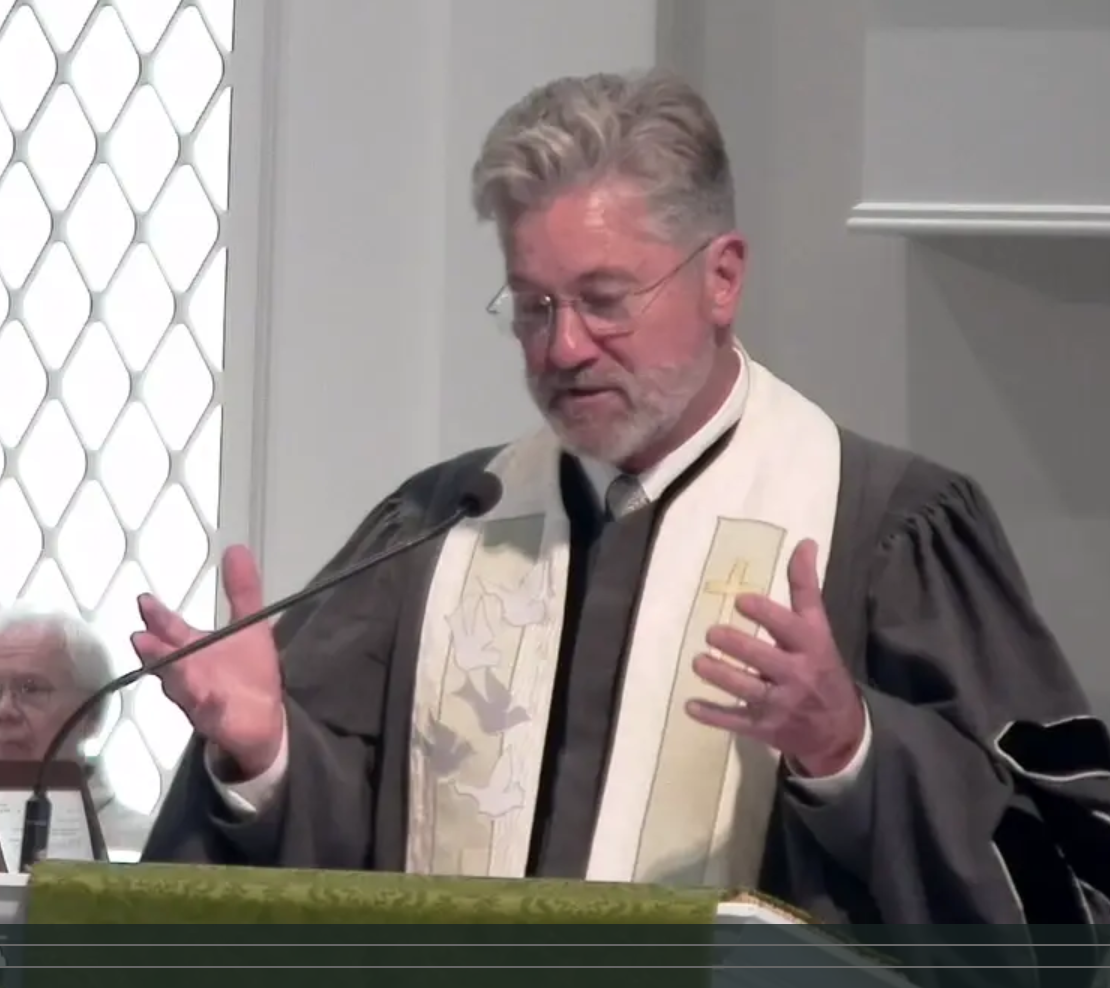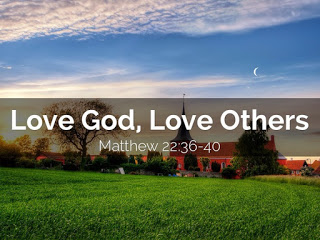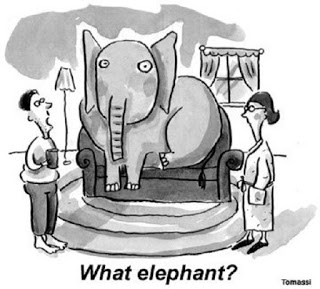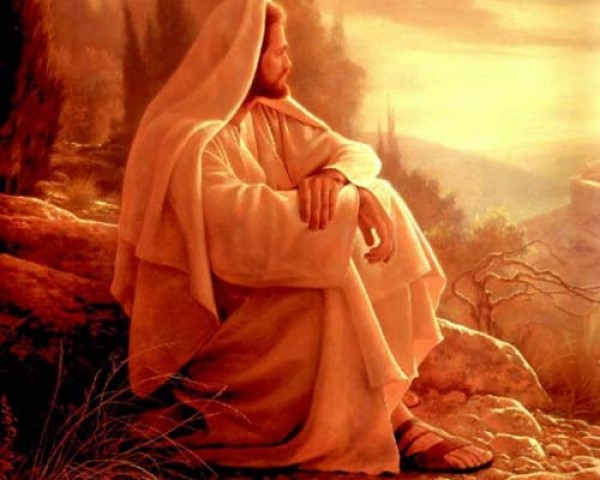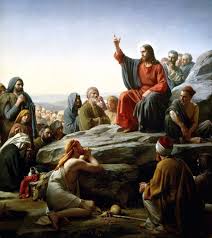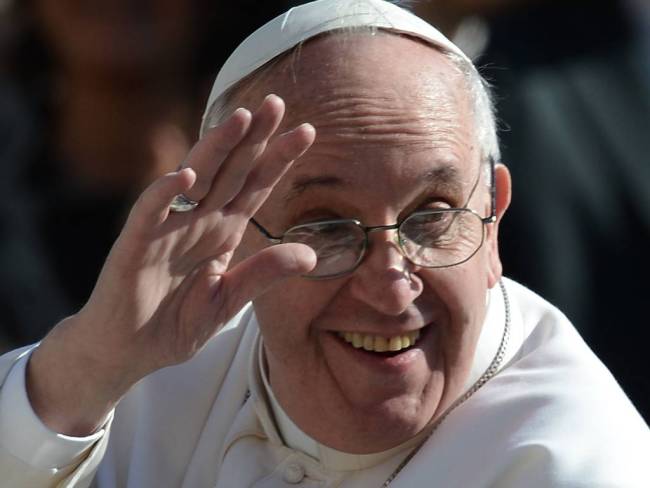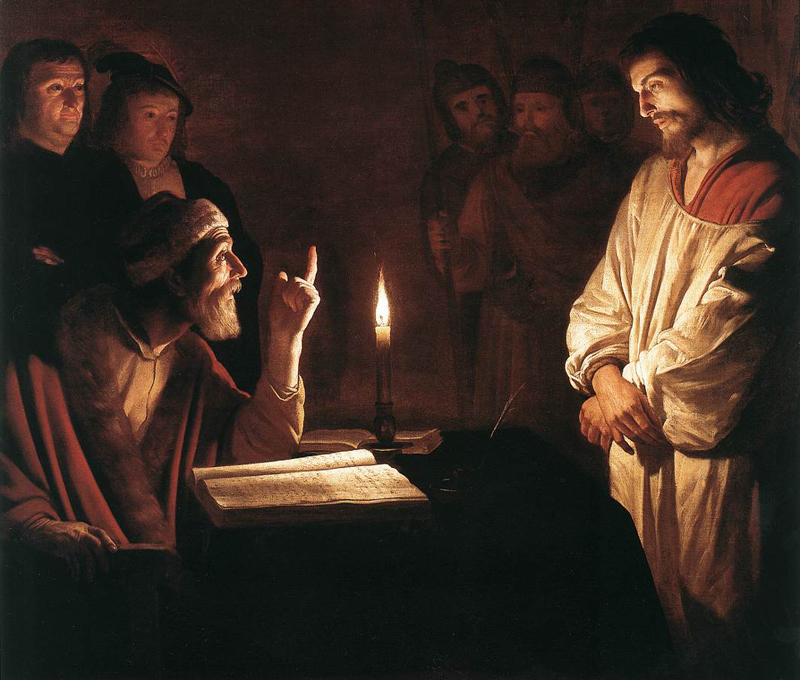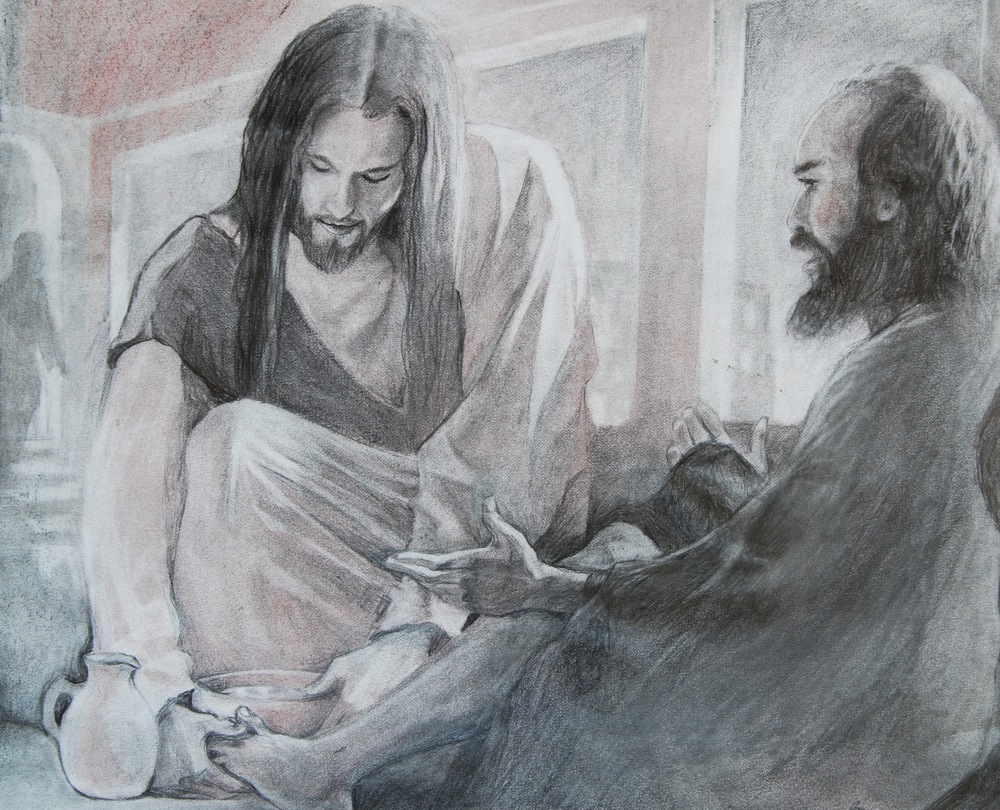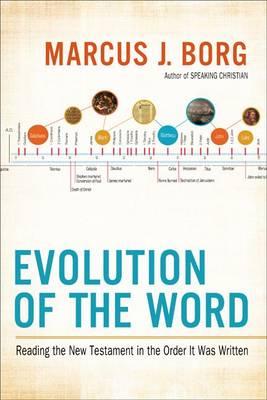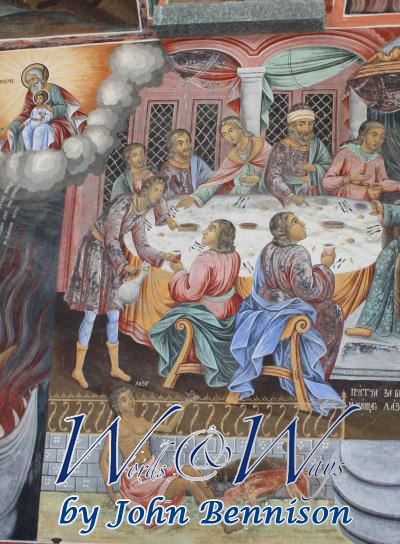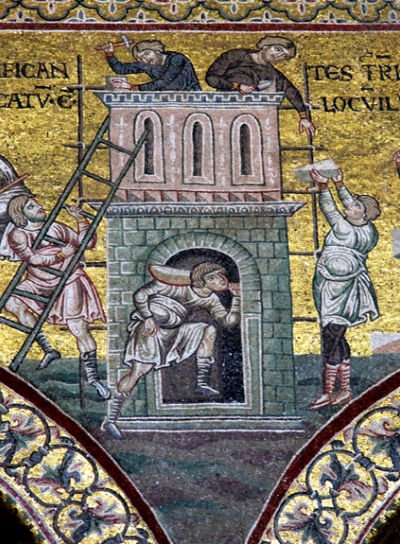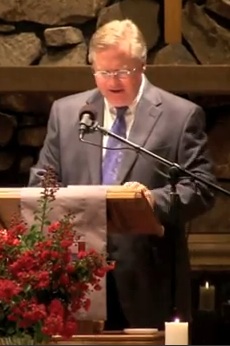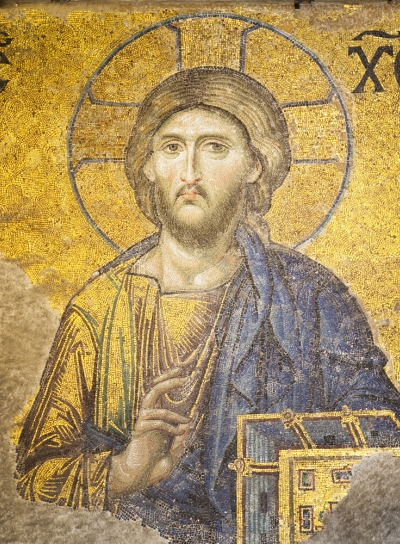Restoration of a Vision from the Christian Faith Tradition
What might constitute an adequate improvement to the world order? This commentary constitutes an exploration of this pesky, perennial question about "a better world" from the vantage point of one faith tradition, and in contemporary context. Its intention is not to offer novelty or any new revelatory insight, but rather to remember and restore a perspective that lies at the heart of a biblical gospel tradition; based on the teachings of a pre-Easter human Jesus.
The anonymous gospel storyteller that we call Mark, provides us with the shortest of the four gospels — just 16 brief chapters. But don’t let that fool you. The writer of this account of the life and times of Jesus of Nazareth packs more action into his short gospel than any of the racy novels, spy thrillers, mystery novels or tell all biographies that you can find today on Amazon. Today’s reading occurs barely half way through our anonymous storyteller’s account of the life, death, and resurrection of Jesus and already Jesus has: been baptized in the river Jordan and been tempted in the wilderness by the evilest of villains, Satan himself.
This Sunday Rev. Meyers preaches from the Gospel according to Mark, chapter chapter 8 verses 27 thru 38, a passage known as "Peter's Declaration about Jesus." Recorded Sunday, Sept. 16, 2018 from the pulpit of Mayflower Congregational UCC Church in Oklahoma City.
Part 4 of the series, What Makes a Christian?
Sometimes our greatest breach with Scripture is not when we outright contradict it--it's what we choose to prioritize, diminish or outright ignore. There is a time for everything under heaven (Ecclesiastes 3:1). We need to put first things first and second things second. Much of Christianity focuses on salvation plans and doctrinal ideas.
Part 2 in Series: What Makes A Christian?
It is amazing how often we fail a most basic mark of the faith. It is a downright scandal how rarely it is preached. It's questionable how directly our religious and moral practices stem from it. Yet if we believe the direct words of Jesus Himself--you know, God--the very ability of others to recognize our Christian identity is dependent on how we follow this. We gather in churches. We have elaborate worship and praise. And yet we barely give lip service to the first and foremost of the commandments. When we do, it is often to give exceptions--No, Jesus didn't really mean that. . . I'm talking about the Greatest Commandment--love God and love neighbor. Abundantly.
Part 1 of the series, What Makes a Christian?
In John 13:34-35, Jesus states that our very public witness of our Christian identity itself depends on whether or not we love one another. Otherwise, people will not recognize that we are indeed Christians. Jesus tells us to follow his example. Jesus not only gives the commandment to love, but also states that His life has modeled this love.
As we prepare for Easter, this Season of Lent offers us an opportunity to reflect again upon how we experience Yahweh God and how we live our lives of servant hood - not as doormats to be trampled under foot but as true servants of Yahweh God who proclaim by our lives that Jesus is our Way, our Truth and our Life. Lent offers us the opportunity NOT to give up but to give more of ourselves in the service of others and in the causes of justice and peace. May this Season of Lent have real meaning for each one of us.
Taking time to be in stillness is important for physical and mental well-being, and it is absolutely vital if we want an inner experience of spirit. It is not easy to quiet the storms of excitement and learn to be comfortable with stillness. Providing opportunities to practice is a priceless gift we can give children.
There is abundant love within each of us, but even when we try to act as messengers of love in the world, we often mess up the message. Like the old game of telephone, where a message is passed along and completely mixed up by the time it reaches the end of the line, we mix up divine love with our own desires, confusions, and misunderstandings and end up hurting one another. Then we must forgive. Getting children to say the words, “I forgive you,” is not enough. True forgiveness is inward and will actually remove the hurts we have from our hearts, like pulling weeds in a beautiful garden. Forgiving is not simply a gift we give someone who has wronged us, either; it is a step in our own spiritual growth that will enable our hearts to blossom as intended.
When we exclude others, we refuse to relate to realities different than our own, and we keep our experience defined in a way that is comfortable and familiar. If we want children to be inclusive, we have to help them redefine their experiences in a broader way. For instance, if older children exclude a younger child from a ball game because she can’t catch the ball, we can guide them to give her a special job that makes her feel part of the game. Finding a way to include her will expand their limited thinking. Scolding them for excluding her will most likely make them resentful, which leads to closing the heart. Accepting and coping with outward differences is an important step toward opening the heart to others. But to really include others in our reality, we must understand that despite apparent differences, there is only one self, one spirit, and one true reality, underlying all that is. The more children experience their own spiritual nature, the more they will recognize the one spirit in all.
I heard a contemporary hymn on Sunday morning during the Eucharist and fell in love with the melody. It was the “Untitled Hymn
“LAUDATO SI’, mi’ Signore” – “Praise be to you, my Lord”. In the words of this beautiful canticle, Saint Francis of Assisi reminds us that our common home is like a sister with whom we share our life and a beautiful mother who opens her arms to embrace us. “Praise be to you, my Lord, through our Sister, Mother Earth, who sustains and governs us, and who produces various fruit with colored flowers and herbs”.
From the Celebrating Mystery collection
Our senses and our use of them are part of God's creation. To attempt to deny our senses is as much an insult to God as is the misuse of them.
When someone shares in our suffering, somehow the knowledge that we are not alone, that there is someone out there who knows the pain that we are going through, the knowledge that we are cared for by someone who truly knows our pain comforts us and gives us the strength we need to endure our suffering. To be alone in our suffering is the most terrible thing that we can imagine. The Good News that God is LOVE means that LOVE will not let us suffer alone because LOVE is determined to suffer with us. Working in, with, and through those who have experienced our pain LOVE is able to enfold us and say, “I know, my child, I know.”
Satire and Blasphemy in the Teachings of a Galilean Sage
Radical religious extremists with a distorted view of Islam commit horrific acts of terror, executing the staff of a small satirical French publication. The satirists had dared to depict the Prophet Mohammed in cartoon caricature; all the while lampooning those misbegotten adherents who in turn regard such irreverent acts as blasphemous. The Western world reacts with outrage and defiance to such an affront. World leaders join a million person protest and unity march through the streets of Paris, chanting “Je Suis Charlie,” in defense of freedom of speech, and on behalf of the publication’s name. While a clear distinction might be drawn between the use of words and the vehement reactions they may incite, more profound underlying questions remain. While anti-blasphemy laws are common in Muslim countries, countless other "secular" countries have laws against the defamation of religion, as well. Once the dust settles and more thoughtful discussion ensues, one might ask what constitutes the differences between hate speech and freedom of expression? This commentary consider s esus' use of what was deemed blasphemous satire, it's intended purpose, and well-known consequences.
Jesus called on people to change. Not just a little, but dramatically. The ‘kingdom of God’ is the term Jesus used to express his vision of a profound transformation of human beings and human institutions—social, political, economic and religious—to fully express the character and nature of God—a God of love. To accomplish this vision, Jesus worked toward the creation of a new kind of community dedicated to values of compassion, generosity, peace, and justice. He was creating a movement for change, a people engaged in a vast conspiracy of love.
Bonhoeffer believed that in the future a religionless Christianity—stripped of its religious garments—would be limited to two things: prayer and action.3 He believed that through these two acts Christians would learn to see the world from a new perspective, with the eyes of those at the bottom of society—the people that Matthew called “the least of these.” For Bonhoeffer, prayer—especially intercessory prayer—becomes important because it creates a powerful sense of empathy and solidarity with the people one brings before God. This, in turn, motivates one to engage in “righteous” action—the seeking of justice in human society.
The Year of Mark
The political, social, spiritual, and economic history of most of the Western world has been defined by the belief articulated in the literal application of John’s gospel to personal and social piety. If Christianity is to survive with any relevance to postmodern, twenty-first century realities, the theology of condemnation and substitutionary atonement associated with the fourth gospel has to be scrapped. Not only is the future of Christianity at stake. This theology threatens the further evolution of human consciousness, and life as humanity has known it thus far on Planet Earth.
The New Testament in the Order the Books Were Written
the full-text of the New Testament—and one of the only Bibles organized in chronological order and including explanatory annotations that give readers a more informed understanding of the Scripture
Genesis 4:1-16; Romans 2:1-24, 12:14-21; Mark 3:31-35. U.S. Secretary of State John Kerry has clearly stated that so far as the U.S. government is concerned, crimes against humanity were committed by the president of Syria and his agents....Is there a war?
A Commentary for the Annual Observance of Independence Day, 2013
“We hold these truths to be self-evident, that all men are created equal, that they are endowed by their Creator with certain unalienable Rights, that among these are Life, Liberty, and the pursuit of Happiness." These grand words are etched in the American consciousness, and serve as a preamble of sorts to the Constitution’s subsequent ideal goal of “a more perfect union.” With the recent split Supreme Court decisions over voting rights and marriage equality, along with and passage of an immigration reform bill in the Senate that naysayers declare is DOA in the House of Representatives, it would appear that while progress has been made, we clearly remain a work in progress, as well. As we prepare to celebrate our Independence Day holiday this year the fireworks have been set off a little early with the debate over the intelligence surveillance practices of the so-called Patriot Act by a government that was established of, by and for the people. Call them heroes or traitors, whistleblowers or hack-tivists, there are also a growing number of anti-authoritarian tech geeks who claim to be motivated less by notoriety than a certain principled conscience to which they claim to have pledged a higher allegiance. So, what is the nature of “natural” or “divinely-bestowed” rights? What of human conscience, earthly authority, and more? And – for those of us who might consider ourselves both a red-blooded American and Christian of one sort or other -- what might constitute a “Christian” conscience, based on a Jesus life-ethic? You can find the latest commentary Here.
If Jesus died for anything, he laid down his life like most social prophets and martyrs as a complete and utter refutation and relinquishment of any vestiges of earthly kingdoms. Whatever the subsequent followers of the donkey king would retrospectively make of him, he was regarded by the powers that be as nothing more than a nuisance. As more than one biblical scholar has pointed out, the real significance of Jesus’ crucifixion lay in the fact that anyone subsequently noticed and cared about the execution of a nobody. Yet it is the way of a nobody -- not a somebody -- that has so often altered the way of an otherwise weary world.
Reconciling Gratitude, Generosity & Greed
The common dream most people have of one day having more than they already have seems to have remained as fleeting and elusive as ever. Meanwhile, the gross disparity and widening gap in this country between the haves and the have-nots has reached a point where an oligarchy of corporate interests posing as individuals shape public opinion and outspend each other as never before in partisan attempts to buy an election.
Giving Voice to Intolerance in an Age of Pluralism
The back story to the Tower of Babel myth is that the orignial plans called for anything but babble. But where once humankind may have all spoken the same language with one unifying plan to build a place all could dwell and abide one another, it has long since ever been the case. “We live in a pluri-verse, not a uni-verse,” says Raimon Panikkar. Ours is a pluralistic age in which we have many different and opposing – even sometimes mutually incompatible -- worldviews that threaten planetary human coexistence. In the midst of such chaos and confusion, how can we tolerate each other’s differences? Or, some might ask, should we even try? I consider myself a very tolerant person! The only people I cannot abide are ignorant and intolerant bigots! Does that make me intolerant as well, or merely principled? What would constitute a forbearance of principled intolerance, with a leniency of spirit? Here's John Bennison's latest Commentary from Words and Ways.
Jesus’ parables tell us how use our creativity to subvert the putative rulers of Earth. Jesus got into trouble for suggesting that the way to assure that all of the people have food to eat is to share whatever they have. And don’t assume that your traditional enemy has no soul. The very powers that are supposed to have your best interest at heart will pass you by on the other side of the road while you die in the ditch (“The Good Samaritan” Luke 10:30-35). To love your enemies is to have no enemies.
Jesus' Way of Confounding the Trophy-centric Ways of this World
The ancient Olympic games were a series of athletic competitions between city-states. The results determined who were the winners, and who were the losers. But during the games, any conflict between the warring states was forbidden. If ever there was a time when that Olympic torch should be lit and never be extinguished, perhaps this is it. But how? It seems international good sportsmanship inside the stadium can only be assured by heavy security on the outside; where unruly competing self-interests would seek to turn winning at all cost into a blood sport. The previous Words & Ways commentary explored a foolish kind of wisdom once espoused by a Galilean sage through his teaching, the parables he told, and even the seeming absurdity found in his miracles (see "The Foolishness of Jesus"). It is this same Jesus tradition that also proposes such counter-cultural notions that one can “win by losing," and “the last shall be first." Here's John Bennison's latest commentary from Words & Ways.
The beheading of John the Baptist
"Take sides, because neutrality always serves the oppressor and never the oppressed. Your silence will always be interpreted as consent. There is no honor in remaining neutral in matters of ethical importance. Always taking the middle ground doesn't make you smart, it doesn't make you fair, it doesn't make you balanced, and it certainly doesn't make you innocent."
Listen to progressive Christian blogger Christian Grostic's insightful sermon at Plymouth Church in Shaker Heights, OH.
Wisdom & Foolishness in the Perennial Tradition
Wisdom is often mistaken as knowledge, prudence or pragmatism; whereas foolishness is equally regarded sometimes to be the kind of fool-hearted thing Jesus would have characteristically espoused with many of his confounding ideas about God, God’s ways and how we ought to treat one another. Truth be told, there are plenty of people who consider themselves much too smart to take seriously some of the darn fool things Jesus actually said and meant. But Jesus was no ordinary fool. A Words and Ways Commentary by John Bennison.
Regarding Heaven and Hell; Ah, but a man's reach should exceed his grasp, or what's a heaven for? - Robert Browning. An evangelical pastor of a mega-church, Rob Bell, creates a stir when he writes a little book, suggesting when it comes to a place called heaven, there's room for everyone. What the hell?


